Our diet plays a vital role not only in overall wellness but also in the health and longevity of our teeth and gums. The foods we choose can strengthen enamel, reduce inflammation, and support a balanced oral microbiome. On the other hand, poor dietary habits can lead to plaque buildup, erosion, and gum disease. Understanding the connection between nutrition and dental health empowers you to make choices that protect your smile for years to come.
In this guide, ten dentist-recommended foods take the spotlight for their ability to promote oral health—think calcium-rich dairy, fibrous fruits and vegetables, and foods packed with vitamins that support gum integrity and enamel strength. Equally important, however, are the foods that should be enjoyed in moderation. From sugary snacks to highly acidic beverages, five common culprits can contribute to tooth decay, sensitivity, and staining if consumed too often or without proper care. By learning which foods help and which hinder, you can take proactive steps toward maintaining a bright, healthy smile through every bite.
1. Apples
The timeless adage, “An apple a day keeps the doctor away,” rings particularly true for dentists. Apples act as natural toothbrushes, scrubbing away bacteria and food particles with every crunchy bite. Their fibrous texture stimulates gums and increases saliva production, a natural defense against cavities.
But that’s not all—apples are rich in vitamin C, vital for gum health. While they aren’t a replacement for your toothbrush, eating an apple can bridge the gap between meals. Interestingly, they can also aid in whitening teeth, offering a subtle boost to your smile.
2. Carrots
Often overlooked, carrots are a dental powerhouse. Their crunchy texture requires extra chewing, which in turn promotes saliva production, helping to wash away harmful bacteria. Packed with vitamin A, they also support healthy enamel.
Carrots can be enjoyed as a snack or added to a meal for an extra crunch. They’re not just good for your eyes but also for your smile, offering a natural defense against cavities. Whether raw or cooked, incorporating carrots into your diet can significantly benefit your oral health.
3. Cheese
Savoring a piece of cheese not only delights your taste buds but also helps safeguard your smile. Rich in calcium and phosphates, cheese plays a crucial role in strengthening teeth and balancing the mouth’s pH levels, reducing the risk of tooth decay.
Additionally, cheese helps in rebuilding tooth enamel, making it a tasty ally for oral care. Its sticky texture even helps clear food particles from your teeth. So, next time you’re looking for a snack, consider cheese for its delightful taste and dental benefits.
4. Almonds
If you’re searching for a snack that marries taste with dental health, almonds are a perfect choice. Low in sugar yet high in protein and calcium, they help maintain strong teeth. Eating almonds regularly supports bone health, essential for oral wellness.
Their crunchy nature encourages chewing, which increases saliva and washes away plaque. As a versatile ingredient, almonds can be added to meals or enjoyed alone. They are not only a nutritious snack but also a mouth-friendly one, contributing to a healthier smile.
5. Yogurt
Delving into a creamy bowl of yogurt offers more than just a delightful taste. Rich in probiotics, yogurt helps fight cavity-causing bacteria, balancing the oral microbiome. Its high calcium and protein content contribute to stronger teeth and bones.
Including yogurt in your daily diet can promote healthy gums and enamel. Whether enjoyed plain or with fruit, yogurt is a versatile food that supports overall oral health. Its beneficial bacteria and nutrients make it a dentist-approved choice for maintaining your smile.
6. Leafy Greens
Amidst the myriad of vegetables, leafy greens stand out for dental health. Spinach, kale, and similar greens are packed with vitamins and minerals that strengthen enamel and gums. Their high fiber content stimulates saliva production, cleansing the mouth naturally.
Adding a handful of greens to your diet boosts calcium intake, essential for strong teeth. Despite their sometimes-bitter taste, incorporating these greens into meals can significantly benefit your oral health. Their dental benefits make greens a must-have for a radiant smile.
7. Water
Water, often underestimated, is crucial for dental health. It rinses away food particles and bacteria, keeping your mouth clean between brushings. Staying hydrated maintains saliva levels, which naturally protect against cavities.
Fluoridated water offers additional protection by strengthening tooth enamel. While it may seem simple, drinking water consistently throughout the day is vital for a healthy smile. Beyond quenching thirst, water acts as a natural cleanser, reinforcing the importance of hydration in dental care.
8. Green Tea
Sipping green tea offers more than relaxation; it contributes to oral health. Rich in antioxidants, green tea fights bacteria that lead to cavities and gum disease. Its polyphenols reduce plaque and bad breath, enhancing your smile.
Incorporating green tea into your routine can support gum health and protect against tooth decay. This ancient beverage, enjoyed hot or cold, provides a soothing break while promoting dental wellness. Its unique compounds make green tea a refreshing ally for maintaining a healthy mouth.
9. Celery
Celery’s crunchy texture doesn’t just add a satisfying bite; it acts as a toothbrush in disguise. Chewing celery scrubs away bacteria and food particles, while its fibrous strands massage your gums. High in water content, it promotes saliva production, crucial for neutralizing cavity-causing acids.
Including celery in your diet aids in maintaining clean teeth and healthy gums. Whether in a salad or as a snack, celery is a dentist-approved choice for oral hygiene, offering a refreshing crunch with every bite.
10. Strawberries
Bursting with flavor, strawberries offer unexpected dental benefits. These vibrant berries contain malic acid, a natural teeth whitener, enhancing your smile’s brightness. Rich in vitamin C, they support gum health and reduce inflammation.
While sweet, strawberries are low in sugar, making them a smart choice for a healthy snack. Enjoying strawberries not only satisfies your sweet tooth but also contributes to your oral wellness. Their unique properties make them a delightful addition to any diet focused on maintaining a radiant smile.
11. Dried Fruit
Despite their appealing sweetness, dried fruits can be detrimental to dental health. Their sticky nature allows them to cling to teeth, promoting plaque formation and decay. High in sugar, they can contribute to cavities if not consumed with care.
While convenient, it’s essential to enjoy dried fruits in moderation and maintain good oral hygiene afterwards. Opt for fresh fruits when possible to reduce the risk to your smile. Their concentrated sugars and adhesive texture make dried fruits a less ideal choice for dental health.
12. Hard Candy
Hard candy might bring a nostalgic sweetness, but it poses significant risks to your teeth. These candies dissolve slowly, bathing your teeth in sugar and increasing the risk of cavities. Biting them can also lead to chipped or broken teeth.
It’s crucial to limit intake and be mindful of their impact on oral health. While tempting, hard candies are best avoided to protect your enamel and prevent dental emergencies. Opt for healthier alternatives that satisfy your sweet cravings without compromising your smile.
13. Soda
The effervescence of soda might seem refreshing, but its effects on dental health are less so. High in sugar and acidity, soda erodes enamel and promotes tooth decay. Regular consumption can lead to cavities and discoloration.
Consider reducing soda intake and rinsing with water afterwards to mitigate damage. By choosing water or milk instead, you protect your teeth from soda’s harmful effects. This popular beverage, though enticing, poses significant risks to maintaining a healthy, bright smile.
14. Coffee
Starting the day with coffee is a ritual for many, yet it can stain your teeth over time. Its acidic nature contributes to enamel erosion, leading to increased sensitivity. Drinking coffee in moderation and maintaining good oral hygiene can help mitigate these effects.
Consider using a straw to minimize contact with teeth or switching to green tea. While coffee offers a comforting routine, being mindful of its impact on your smile is essential. Its rich color and acidity make it a drink to enjoy with caution.
15. Citrus Fruits
Citrus fruits, with their tangy zest, offer nutritional benefits but also pose a risk to dental health. Their high acidity can erode enamel, making teeth more susceptible to decay. Consuming citrus sparingly and rinsing with water can help protect your teeth.
While they provide essential vitamins, it’s crucial to be aware of their potential to harm your smile. Balancing citrus intake with other fruits and maintaining oral hygiene ensures you enjoy their flavor without compromising dental wellness.
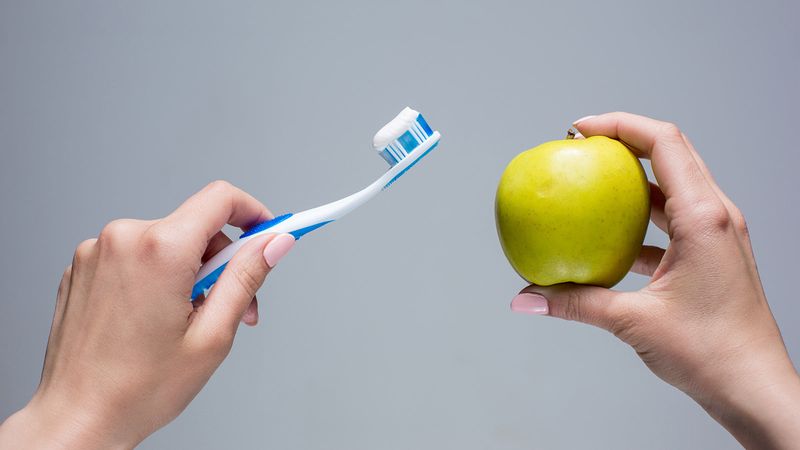


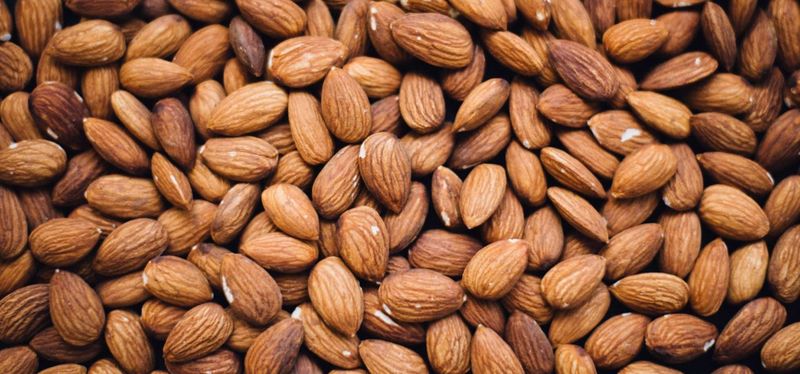

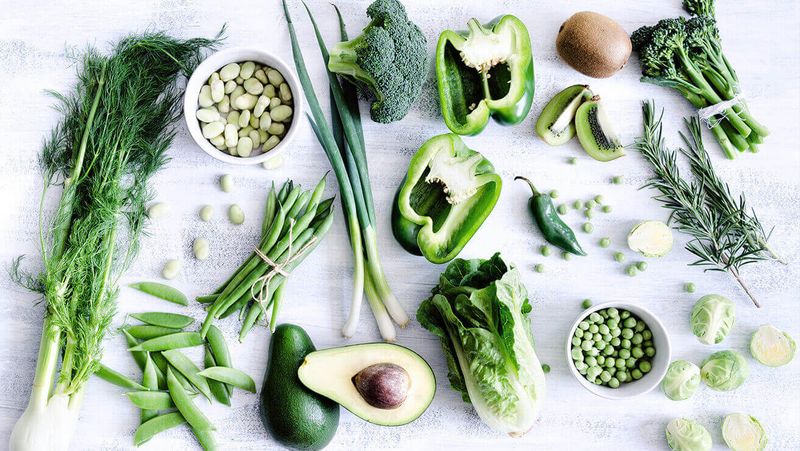

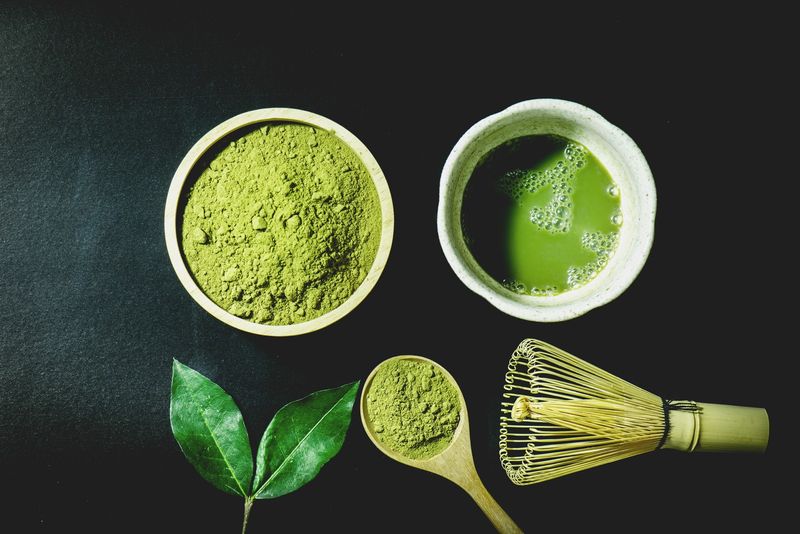

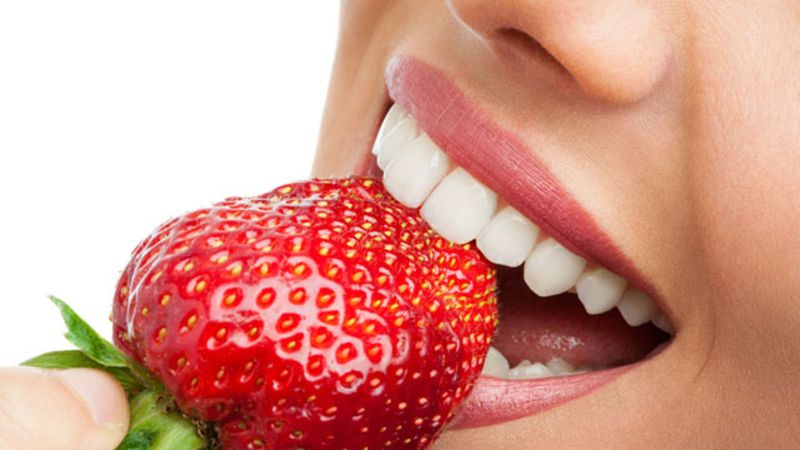
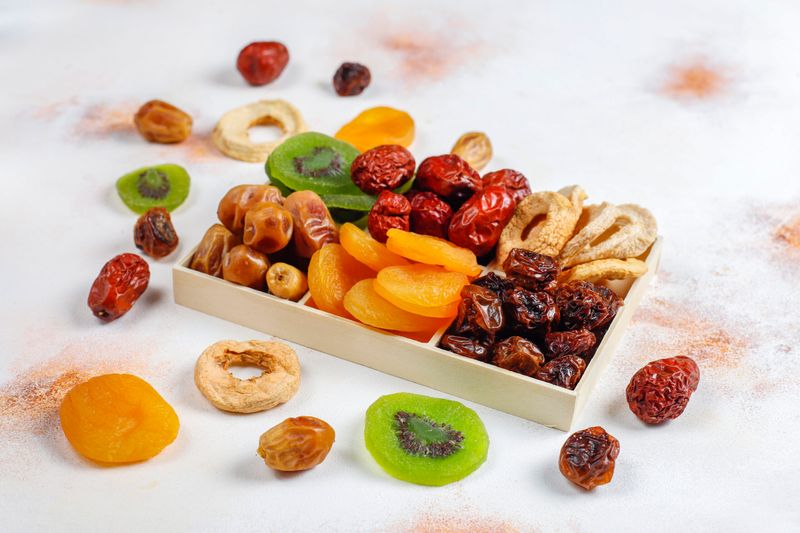
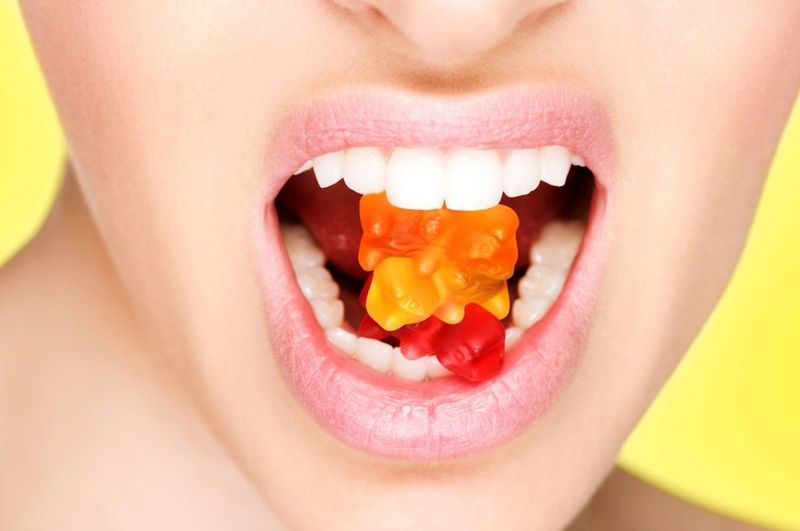
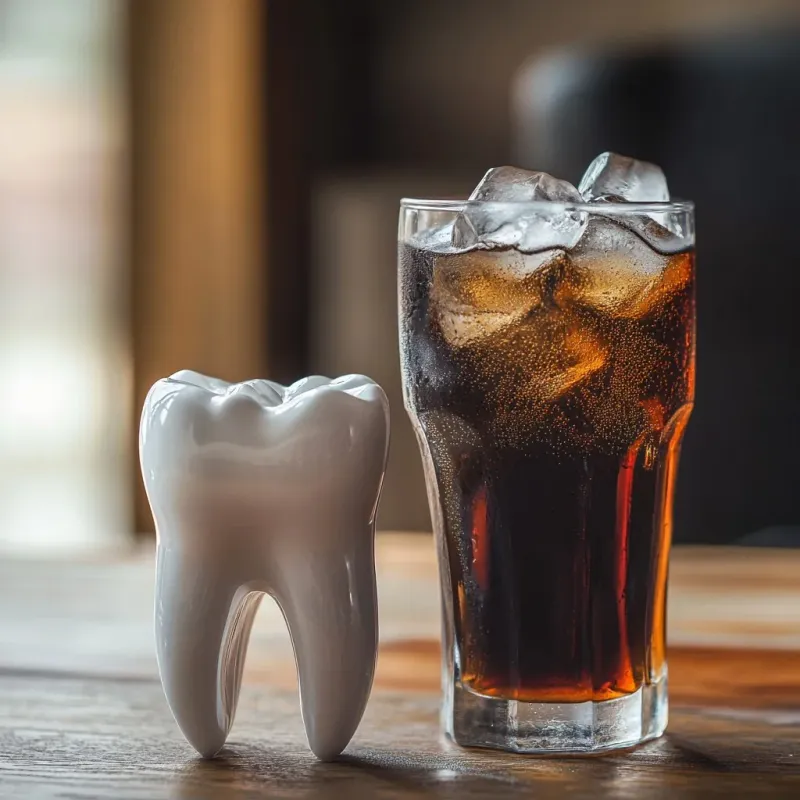

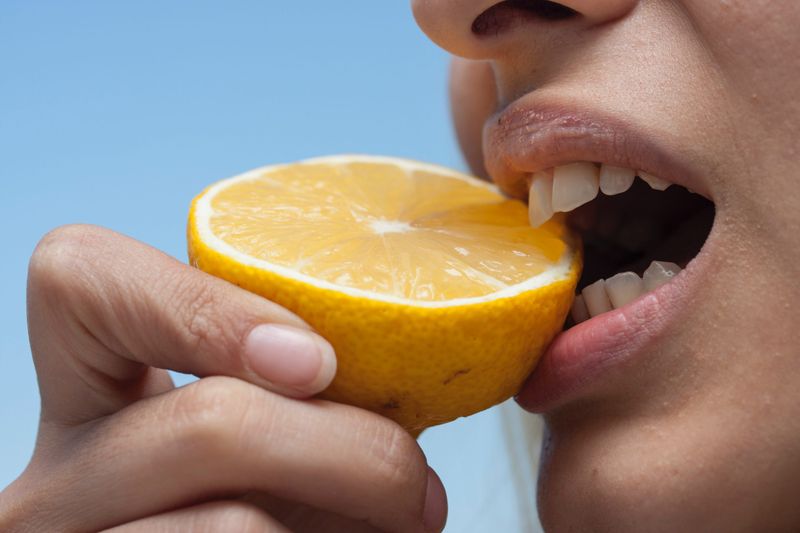
Leave a comment